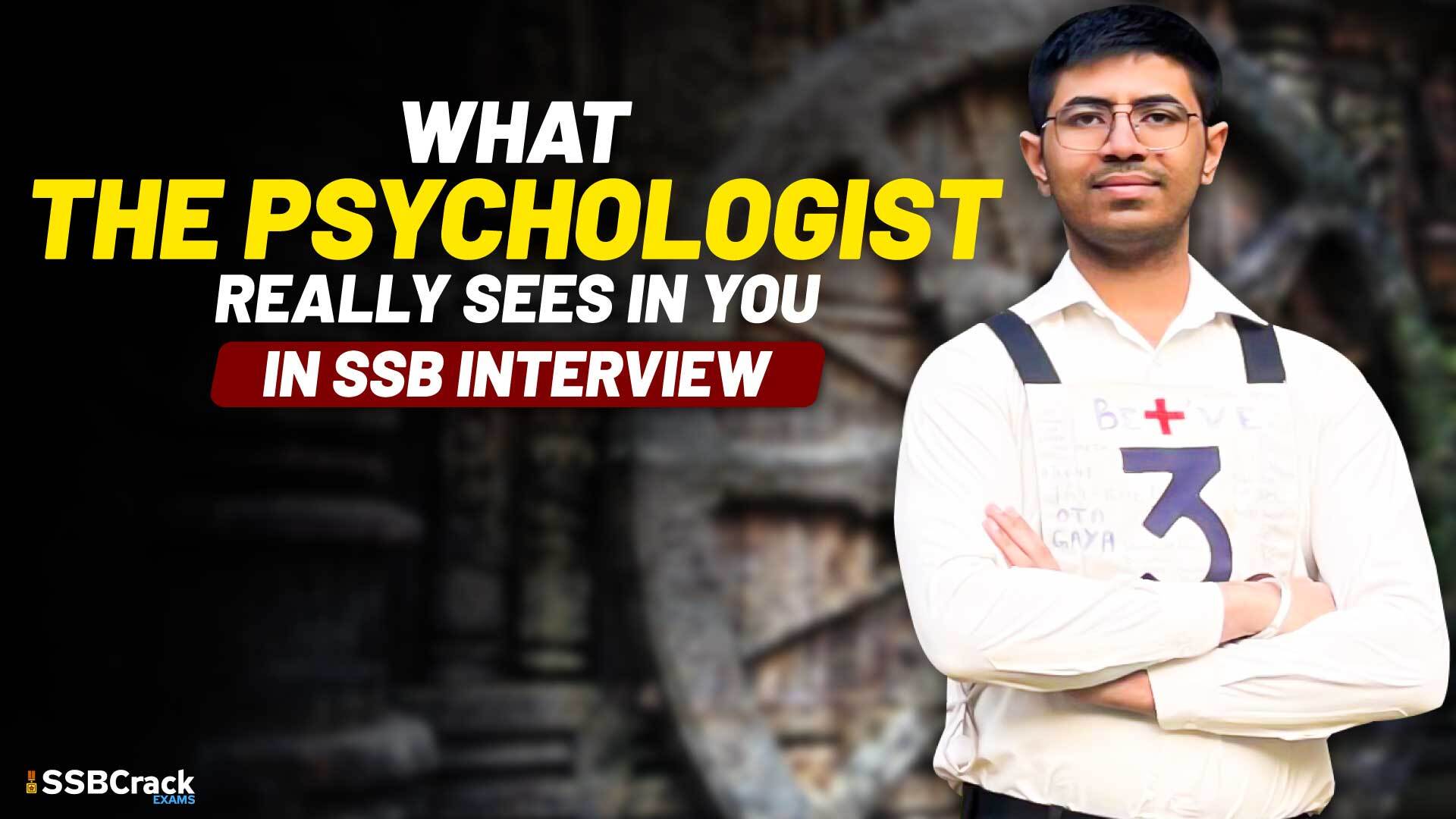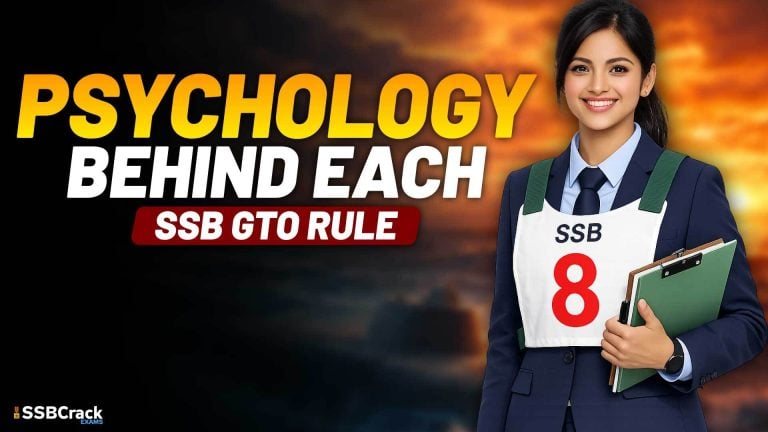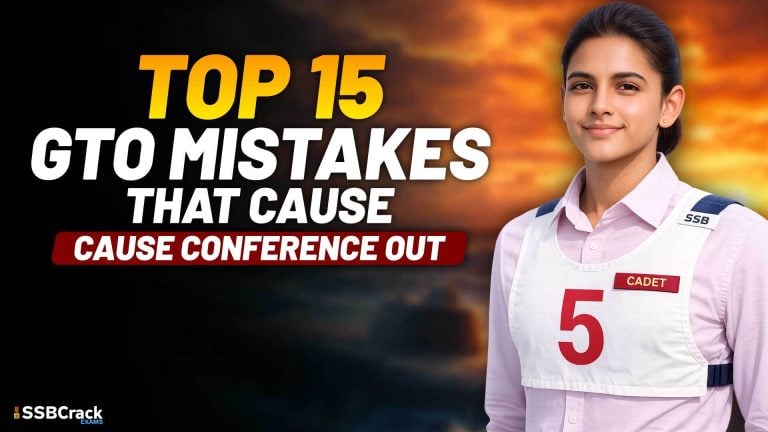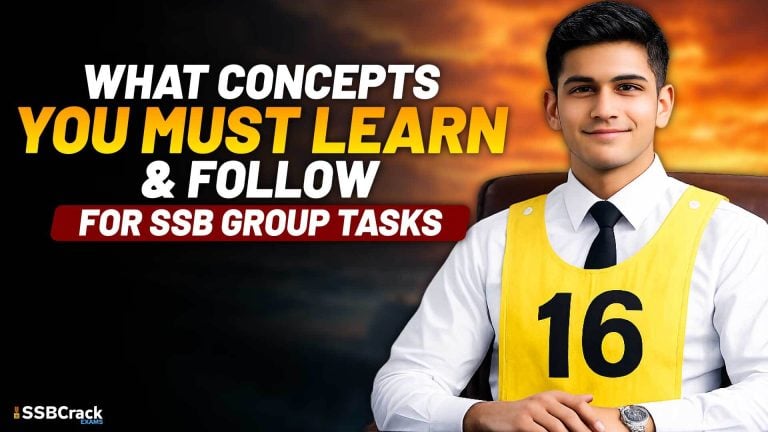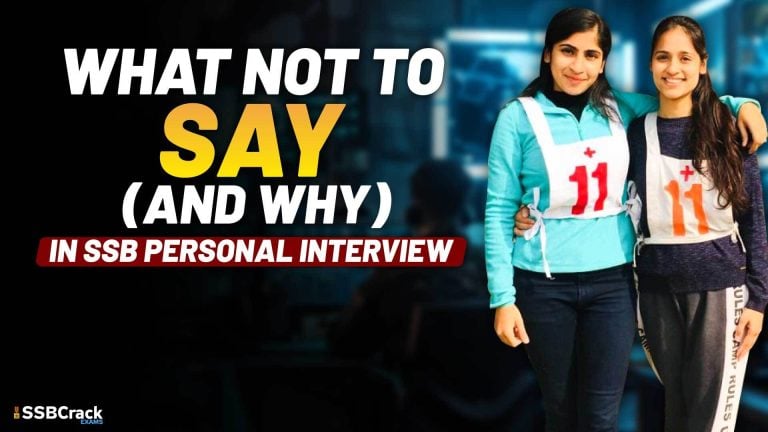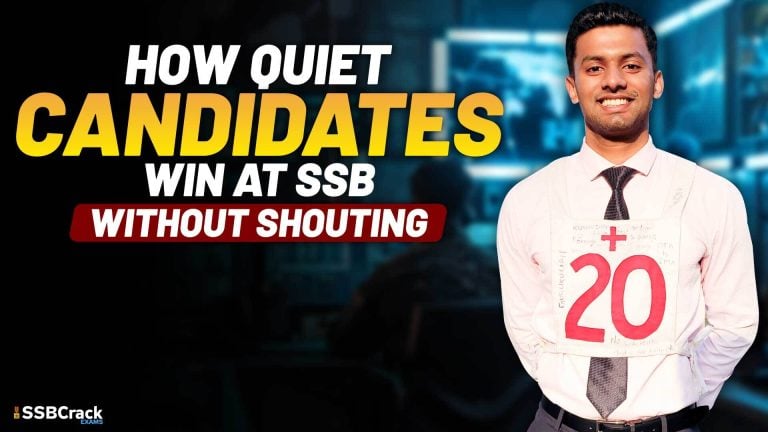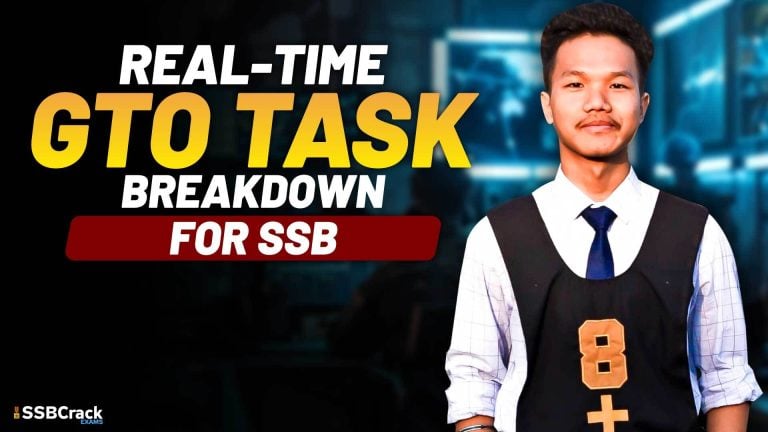Most SSB aspirants prepare hard for the Psychology Tests — they memorize stories, frame clever word associations, and practice hundreds of SRTs. Yet, many forget one key truth: the psychologist is not judging your “writing skills” but your natural personality. Every word you write in your TAT, WAT, SRT, and SD is a mirror of how you think, feel, and act under pressure.
This article takes you on a guided journey inside your own mind — to help you understand what the psychologist truly looks for in your responses and how you can express your authentic Officer-Like Qualities (OLQs) naturally.
The Psychologist’s Role
The psychologist’s task is to understand you — your problem-solving ability, emotions, sense of responsibility, initiative, leadership, and decision-making style.
They don’t want perfection. They want consistency across your written tests, interview answers, and group behavior.
TAT (Thematic Apperception Test): Your Story, Your Mind
Each TAT story you write is a small movie of your thought process.
A psychologist observes:
- Hero’s role: Are you active, decisive, and responsible?
- Problem-solving: Do you find positive, practical solutions?
- Emotion: Are you empathetic but calm?
- Ending: Is it realistic, optimistic, and purposeful?
💬 Example:
Picture: A man seeing an accident.
Average response: “He panicked and called people for help.”
Officer-like response: “Ravi quickly called the ambulance, managed the traffic, and accompanied the injured to the hospital.”
➡ Shows initiative, courage, and presence of mind.
WAT (Word Association Test): Your Spontaneous Thinking
The psychologist checks if your responses are positive, action-oriented, and socially responsible.
Word: “Failure”
– Weak: “Failure depresses people.”
– Strong: “Failure motivates him to improve.”
One line can reveal optimism, maturity, and resilience.
SRT (Situation Reaction Test): Your Real Decision-Making
SRT responses reflect your speed, responsibility, and clarity.
Situation: “You see a small fire in the hostel room.”
– Poor: “He runs away.”
– Ideal: “He switches off electricity, alerts others, and helps control the fire.”
Simple, calm, and effective action — that’s officer-like behavior.
SD (Self Description): Your Self-Awareness
Psychologists value honesty with maturity.
Write balanced traits — mention both your strengths and areas you’re improving.
Instead of saying “I’m perfect in every area,” try “I’m confident and disciplined but working on improving my patience under stress.”
Conclusion
The SSB psychologist is not looking for superheroes — just genuine, balanced individuals who think positively and act responsibly.
When you write your tests, don’t try to “impress” the psychologist; try to express who you really are.
Remember:
👉 Your TAT shows how you think,
👉 Your WAT shows how you feel,
👉 Your SRT shows how you act, and
👉 Your SD shows how you know yourself.
Train your mind to think like an officer — and your responses will automatically reflect the personality of one.
